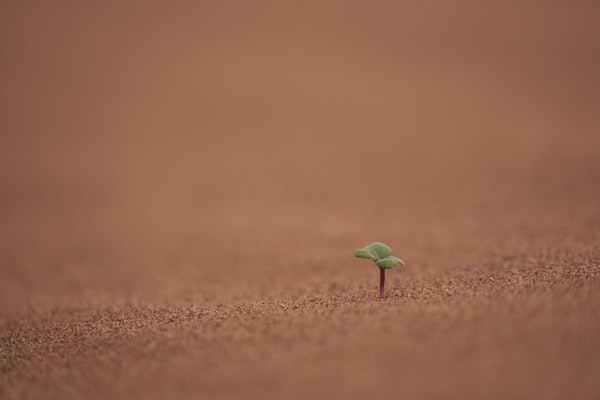Trump, science denial and violence
For a few days last week, before the mail-in votes had been counted in the US, the contest between Joe Biden and Donald Trump seemed set for a nail-biting finish. In this time a lot of people expressed disappointment on Twitter that nearly half of all Americans who had voted (Trump’s share of the popular vote was 48% on November 5) had done so for anti-science and science denialism.
Quite a few commentators also went on to say that “denying science is not just another political view”, implying that Trump, who has repeatedly endorsed such denialism, isn’t being a part of the political right as much as stupid and irresponsible.
This is a reasonable deduction but I think it’s also a bit more complicated. To my mind, a belief that “denying science is not just another political view” could be unfair if it keeps us from addressing the violence perpetrated by some supporters of science, and the state in the name of science.
Almost nowhere does science live in a vacuum, churning out silver bullets to society’s various ills; and in the course of its relationship with the state, it is sometimes a source of distress as well. For example, when the scientific establishment adopts non-democratic tactics to set up R&D facilities, like in Challakere, Kudankulam and Theni (INO); when unscrupulous hospitals fleece patients by exploiting their medical illiteracy; and when ineffective communication and engagement in ‘peace time’ leads to impressions during ‘wartime’ that science serves only a particular group of people, or that ‘science knows best’. These are just a few examples.
Of course, belief in pseudo-Ayurvedic treatments and astrological predictions arise due to a complicated interplay of factors, including an uncritical engagement with the status quo and the tendency to sustain caste hierarchies. We must also ask who is being empowered and why, since Ayurveda and astrology also perpetrate violences of their own.
But in this mess, it’s important to remember that science can be political as well and that choosing science can be a political act, and that by extension opposing or denying science can be a political view as well – particularly if there is also an impression that science is something that the state uses to legitimise itself (as with poorly crafted disease transmission models), often by trampling over the rights of the weak.
This is ultimately important because erasing the political context in which science denialism persists could also blind us to the violence being perpetrated by the support for science and scientism, and its political context.
When I sent a draft of the post so far to a friend for feedback, he replied that “the sympathetic view of science denialism” that I take leads to a situation where “one both can and can’t reject science denialism as a viable political position.” That’s correct.
“Well, which one is it?”
Honestly, I don’t know, but I’m not in search of an answer either. I simply think non-scientific ideas and organisations are accused of perpetrating violence more often than scientific ones are, so it’s important to interrogate the latter as well lest we continue to believe that simply and uncritically rooting for science is sufficient and good.



